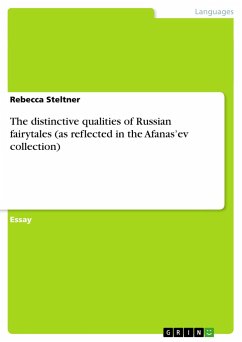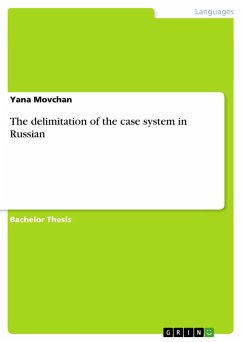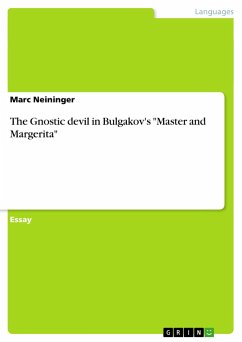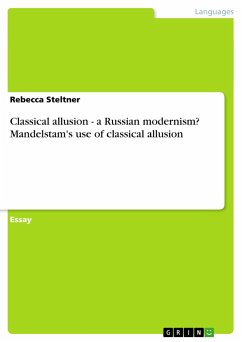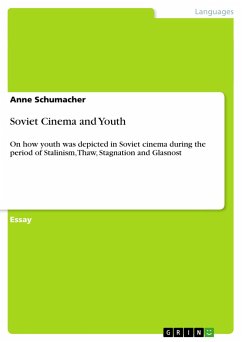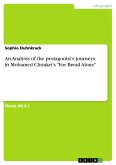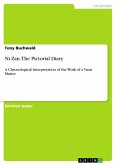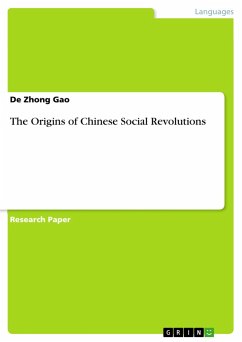Essay from the year 2001 in the subject Russian / Slavic Languages, grade: 75 (A), University of Canterbury (School of European Culture and Languages), course: Seminar, language: English, abstract: Most of the fairy tales that we find in the Afanas'ev collection are both strange and familiar at the same time. They are familiar, because many of the Russian fairy tales are in fact renderings of stories we already know e.g. from the Brothers Grimm. Here too, the famous Cinderella theme and stories similar to The Magic Table, The Gold-Donkey, And Cudgel in the Sack1 or The Golden Bird are very popular. There are indeed, very few plots that are not reminiscent of Western fairy tales. Why exactly this is the case is unknown. It may be that the stories travelled or that they were taken up into the Russian folklore after the Grimms' had published their stories in Germany.Yet, the Russian fairy stories are by no means just copies. Russian folklore has a long history and through being narrated within a different culture every story is shaped differently and is adapted to its new surroundings.Therefore the best way to find out what the distinctive qualities of Russian fairytales are, is to read as many Russian tales as possible and to compare them to the versions we know in order to find out, what it is that is typical and unique to the Russian tales. When we have found this quintessential difference, we shall have found what makes them 'strange'.To find out, we need to look at what are perhaps the four most important aspects of any story: its 'Themes and Content', how these are illustrated with 'Motifs' and how 'Narrative Structure' and 'Language' are used.Themes and Afanasiev's recordings include a large variety of folk narrative. Apart from fairy tales there are fables, poems, songs, moral teachings, anecdotes and jokes, but here I will only look at those stories, which can be easily defined as true fairy tales. By this, I mean those tales, which are relatively long (they fulfil more than just one or two proppian functions) and tell of animals as well as humans.
Hinweis: Dieser Artikel kann nur an eine deutsche Lieferadresse ausgeliefert werden.
Hinweis: Dieser Artikel kann nur an eine deutsche Lieferadresse ausgeliefert werden.

